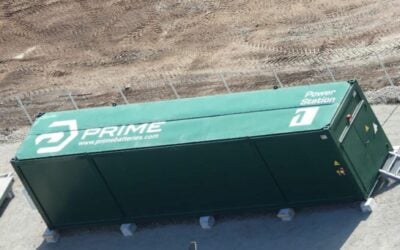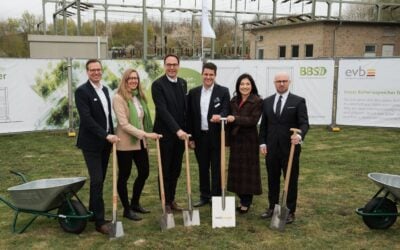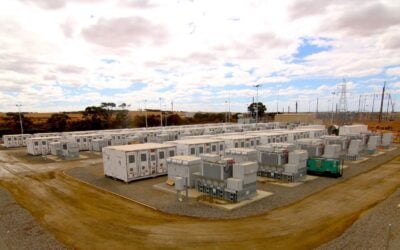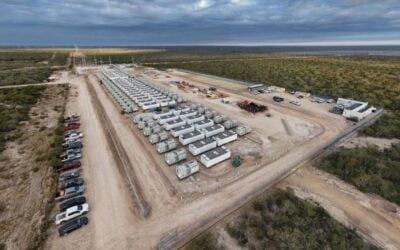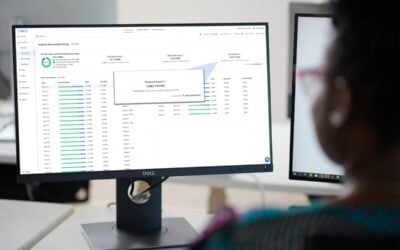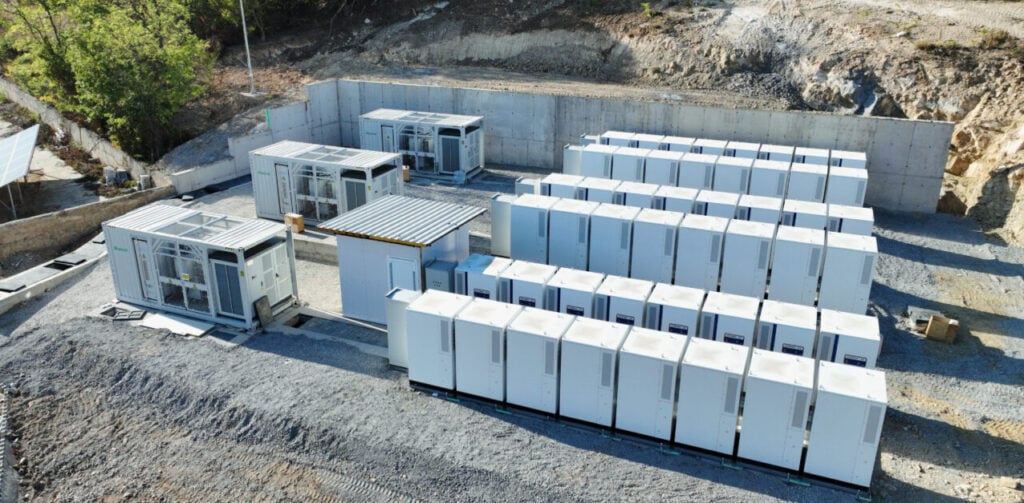
A roundup of news from Europe, with Alfen and Sermatec deploying BESS projects in Sweden and Bulgaria and new firm terralyr raising €77 million (US$83 million) for project development and operation, starting in Germany.
Swedish DNO Ellevio orders more BESS from Alfen
System integrator Alfen will provide Ellevio, a distribution network operator (DNO) in Sweden, with two battery energy storage system (BESS) orders totalling 80MW/80MWh spread across two projects.
Enjoy 12 months of exclusive analysis
- Regular insight and analysis of the industry’s biggest developments
- In-depth interviews with the industry’s leading figures
- Annual digital subscription to the PV Tech Power journal
- Discounts on Solar Media’s portfolio of events, in-person and virtual
Or continue reading this article for free
The two projects in Mora and Söderala will be completed in the first half of 2025, and will help Ellevio to absorb imbalance it its network and provide ancillary services to transmission system operator (TSO) Svenska kraftnät.
They will be powered by Alfen’s TheBattery Elements grid-scale BESS solution. The Netherlands-headquartered company describes the solution as an ‘industrial and modular design with high energy density’.
In pictures accompanying the announcement, CATL BESS units, most likely EnerC, were pictured, indicating that they may be the building blocks of the solution. Renders in corporate videos have Alfen branding. CATL is the world’s largest lithium-ion battery manufacturer and is also among the largest BESS providers via the sale of its BESS units to system integrators.
The largest BESS portfolio in Sweden recently came online: 211MW/211MWh of capacity spread across 14 projects owned by BW ESS and Ingrid Capacity.
Sermatec commissions 17.8MWh project in Bulgaria
China-based energy storage technology firm Sermatec has deployed a 5.1MW/18.7MWh commercial & industrial (C&I) BESS for an unnamed customer in Bulgaria.
The project is co-located with a solar PV plant and will help the owner to prevent negative pricing and participate in the electricity market via energy trading. Prior to the BESS, the project suffered from overproduction and curtailment of renewable energy.
The BESS comprises 48 units of Sermatec’s EasyCube Series 372kWh Energy Storage Systems, which utilise 3.2V 280Ah lithium iron phosphate (LFP) batteries. The company also deployed its in-house developed energy management system (EMS) and battery management system (BMS) for the project.
The news comes a few weeks after this year’s Energy Storage Summit Central and Eastern Europe (CEE) in Warsaw, Poland, put on by our publisher Solar Media.
Terralayr raises capital from RIVE and VC firms for Germany projects
BESS developer, operator and optimiser terralayr has raised around €77 million (US$83 million) from investors to expand its ‘energy flexibility as a service’ platform, with a current focus on the German market.
Private equity firm RIVE Private Investment and venture capital (VC) firms Creandum, Earlybird, Norrsken VC and Picus Capital participated in the fundraise.
Terralayr said it has secured development agreements for over 5GW of BESS projects, has its first project operational and several in construction.
The company was founded in 2022 to fill a gap between the full economic value of battery storage and its conventional business model, terralayr claimed.
It offers its ‘flexibility as a service’ through a proprietary cloud-like software platform to companies in the energy industry such as power producers, traders, grid operators and also big consumers like data centres. This allows them to gain all the benefits of grid-scale BESS without the overhead of a physical asset, terralayr said.
It said it is “introducing a marketplace for energy storage and enabling flexibility on demand”, but emphasises that it does not do the trading itself, but rather helps find the best buyer for a project’s capacity (including its own projects). Its founder and CEO Philipp Man is a former watch trader.
The German energy storage market looks set to be one of Europe’s largest with a huge 215GW solar target by 2030 driving a greater need for the technology.

